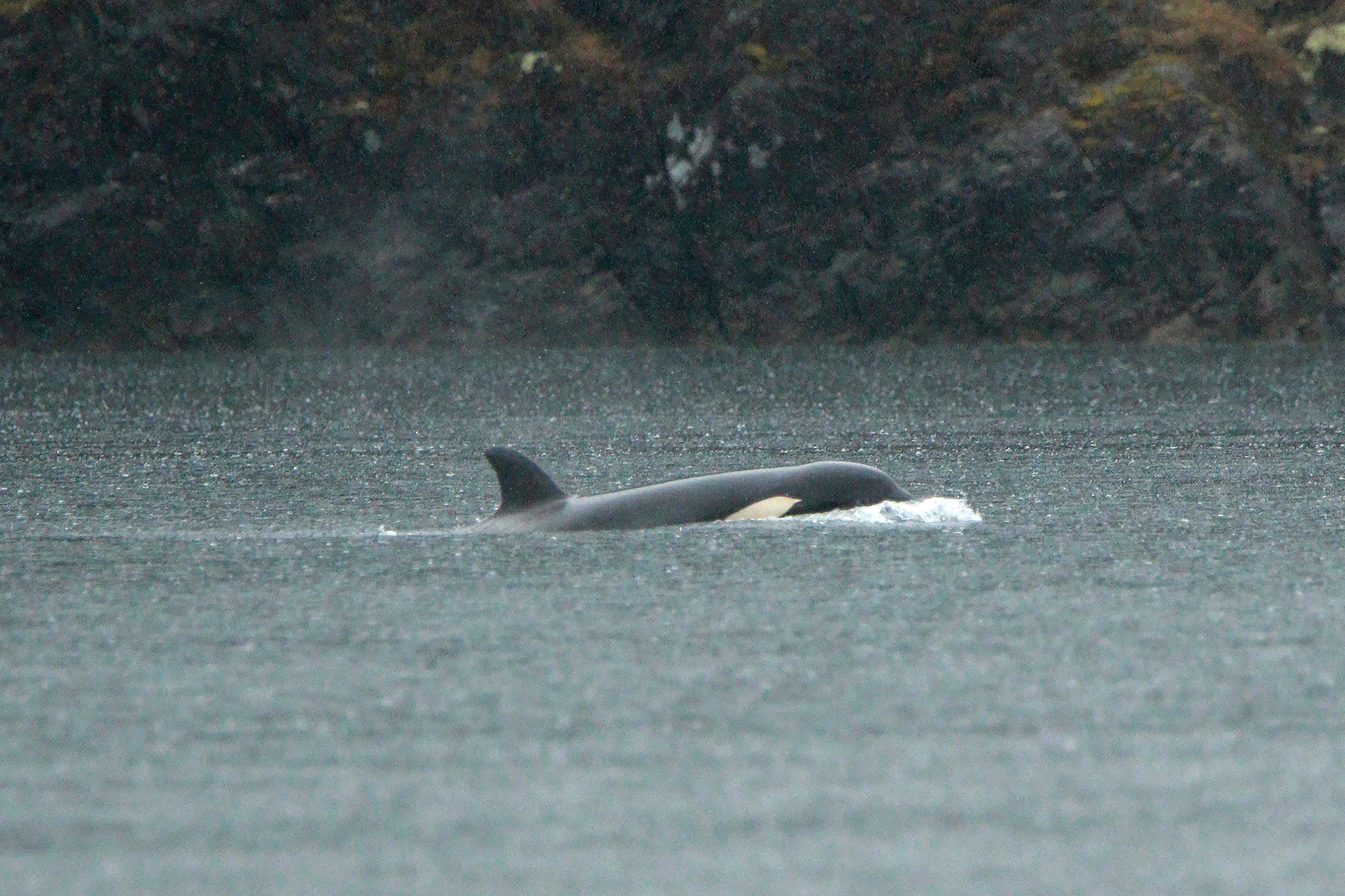Race against time to reunite stranded orca orphan with her pod
The mammal became trapped off Vancouver Island after its mother got stuck and died on 23 March

Your support helps us to tell the story
From reproductive rights to climate change to Big Tech, The Independent is on the ground when the story is developing. Whether it's investigating the financials of Elon Musk's pro-Trump PAC or producing our latest documentary, 'The A Word', which shines a light on the American women fighting for reproductive rights, we know how important it is to parse out the facts from the messaging.
At such a critical moment in US history, we need reporters on the ground. Your donation allows us to keep sending journalists to speak to both sides of the story.
The Independent is trusted by Americans across the entire political spectrum. And unlike many other quality news outlets, we choose not to lock Americans out of our reporting and analysis with paywalls. We believe quality journalism should be available to everyone, paid for by those who can afford it.
Your support makes all the difference.Rescuers are racing to save an orca calf that has been stranded for nearly two weeks without its pod in a remote lagoon off the coast of Canada.
The mammal became trapped in the Zeballos lagoon, Vancouver Island, after its mother became stuck in shallow waters and died on 23 March.
Scientists hope to lure the animal into an area of water it can be put into a truck and driven to deeper waters - after various other methods failed.
“We realised that time is not on our side so we now are working on logistics of a rescue operation,” Paul Cottrell with Fisheries and Oceans Canada said.
Mr Cottrell hopes the plan will work within the next week. “It’s a huge effort and we have a long way to go,” he said. “We’re hoping for the best possible outcome.”
Bay Cetology, one of the organisations working to coordinate the rescue, told CNN the orca is “robust, showing no immediate signs of emaciation.”
There have been attempts to feed the calf, but it’s unclear if it’s eaten anything, according to the organisation.
“This whale’s skin has just started to slough in sizable patches along the top of the head and base of the dorsal fin on each side perhaps due to the freshwater runoff into the lagoon it is in,” the organisation explained.
Moving the orca calf “will require a lot of patience as well as cooperation from the whale,” it added.
Orcas – also known as killer whales – are found in all the world’s oceans, according to the National Oceanic and Atmospheric Administration (NOAA). They are highly social, living in family pods of up to 20 or more whales.
In May last year, roughly two dozen killer whales were spotted off the coast of San Francisco in an uncommonly large grouping of orcas for northern California.
The orcas were likely together celebrating a kill of sea lions or seals on 7 May near the Farallon Islands, about 28 miles west of San Francisco, when a whale-watching boat tour saw them.
Killer whales are more commonly seen in the deep canyon beneath Monterey Bay, located around 75 miles south of downtown San Francisco.
Join our commenting forum
Join thought-provoking conversations, follow other Independent readers and see their replies
Comments